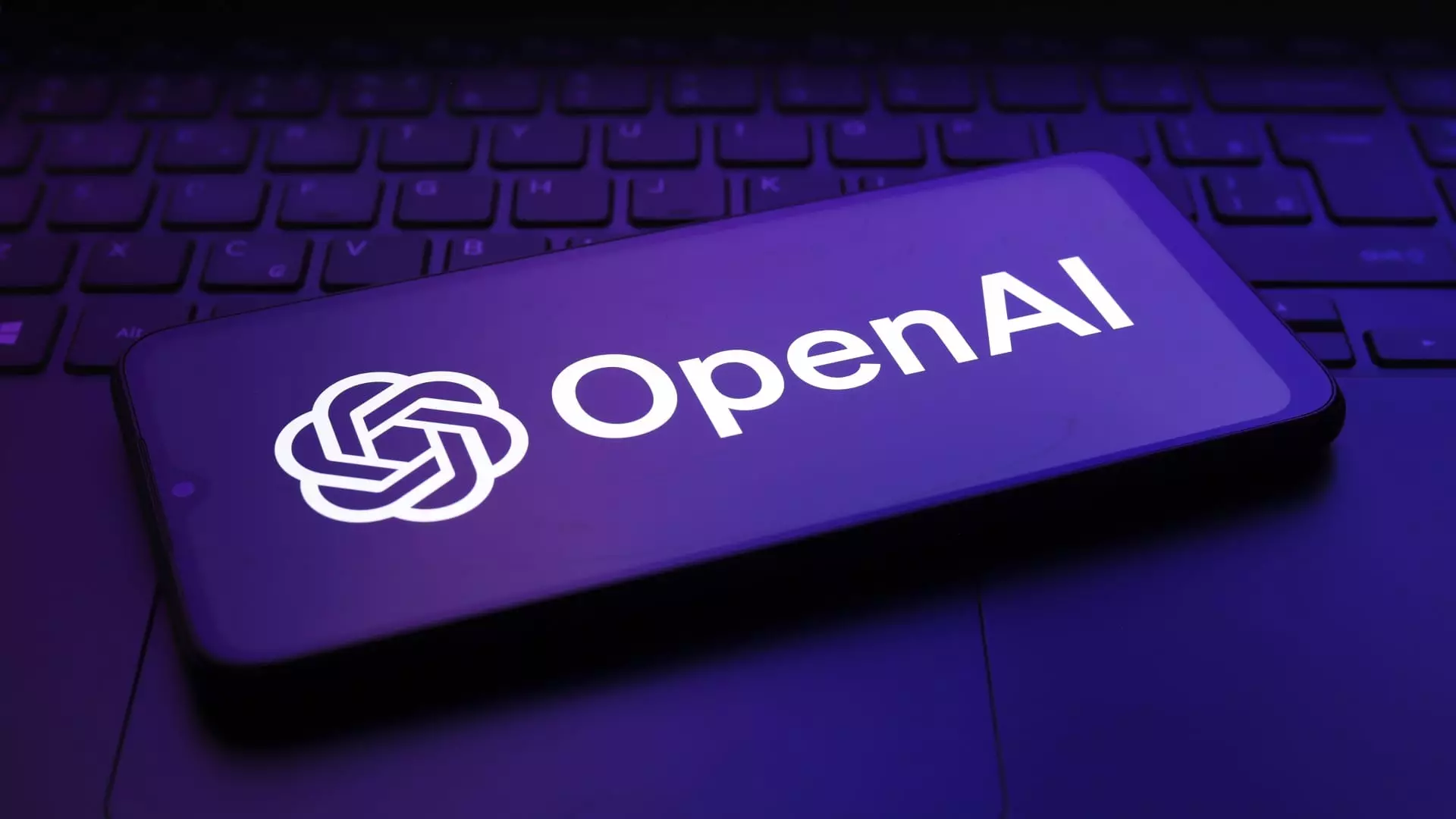The tech industry has seen its fair share of tragedies, but the recent death of Suchir Balaji, a 26-year-old former researcher at OpenAI, has struck a particularly somber chord. Found deceased in his San Francisco apartment, Balaji’s passing raises profound questions about the ethical implications of artificial intelligence, especially in light of his outspoken criticisms of OpenAI’s practices. As the dialogue around the use of copyrighted material for training AI becomes increasingly heated, Balaji’s concerns can’t be overlooked.
A Controversial Departure
Balaji’s departure from OpenAI earlier this year was not without its controversies. He publicly voiced concerns that the company might be infringing upon U.S. copyright laws while developing its flagship product, ChatGPT. His allegations are not merely anecdotal; they touch the core of a pressing debate about the rights of content creators versus the operational freedoms of tech companies. With remarks about the potential devastation that chatbot technologies posed to the livelihoods of content creators, Balaji illuminated a critical issue: the balance between innovation and intellectual property rights.
On November 26, police conducted a welfare check at Balaji’s apartment after receiving a call regarding his wellbeing. The investigation conducted by the San Francisco Police Department determined that no foul play was involved, ultimately classifying the cause of death as suicide. This tragic outcome has left family members and friends in mourning, and a statement from OpenAI expressed devastation at the news, highlighting the profound loss felt within the tech community.
Balaji’s death coincides with ongoing legal disputes faced by OpenAI regarding its use of copyrighted material in AI training data. The implications of these disputes signal a larger crisis in the tech industry, as companies like OpenAI and their backers, such as Microsoft, are challenged to clarify their ethical boundaries. Balaji’s viewpoint—that generative AI could undermine the content creation industry—aligns with the concerns of many creators who fear that their work is being utilized without appropriate compensation or consent.
Balaji’s tragic end raises pressing questions about mental health within the tech community. As employees grapple with the ethical ramifications of their work, a culture that prioritizes profit over principles may contribute to overwhelming stress and ethical disillusionment. It is essential that tech companies foster environments where employees feel safe discussing their concerns, both about the ethical implications of their work and their personal wellbeing.
The death of Suchir Balaji serves as a stark reminder of the complex interplay between innovation, ethics, and mental health in the tech industry. As the conversation surrounding the use of AI technologies continues to escalate, industry stakeholders are compelled to reassess their practices and policies. Balaji’s voice, silenced too soon, beckons a critical reflection on the responsibilities we hold towards content creators, ethical integrity, and the care for our workforce. In honoring his memory, the industry must engage in a meaningful dialogue about these urgent issues.

